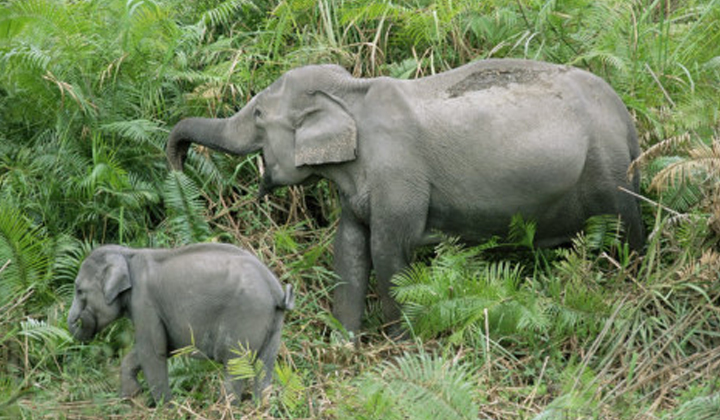Trending Now
- “If Edappadi Palaniswami permits, a thousand young members from the Virudhunagar district AIADMK are prepared to take up arms and engage in battle under my command.” – Former AIADMK Minister Rajendra Balaji
- “India is ready to deal with any counter-attack by Pakistan” – Wing Commander Vyomika Singh
- Central govt orders extension of CBI Director Praveen Sood’s tenure for another year
Coimbatore
Human-animal conflict: Lack of compensation irks farmers
![]() June 26, 2016
June 26, 2016
In a situation that could ultimately spell trouble for the wildlife, farmers on the fringes of the jungles are reportedly livid with the animals entering into their fields, as the forest department allegedly fails to give full compensation for the lost crops. They are also being forced to run from pillar to post to get the compensation amount.
According to sources, when crops are damaged by wild animals, the property is assessed by the officials from the Revenue and Agriculture departments, and the damage to the property is calculated so as to fix the compensatory amount. But, the actual task of providing the funds is left to the Forest department, which is often cash-strapped, leading the farmers to turn their anger against the animals that damaged their fields.
“Usually the farmers are not paid because the funds have not been released by the Government. When they are paid, only a meagre amount is released which is less than half of the total value of the damage,” said a source.
Further, if the damage is over Rs. 40,000, only up to Rs. 10000 is paid to the farmer, and that too after frequent visits to the department office.
The government reportedly provides Rs. 3 lakhs as compensation to those killed by wild animals, which is also considered far less in comparison with other accidental deaths.
“Some farmers do not even bother to report the damage as the travel expense would be higher than the compensation amount they get eventually paid. Waste of time is another factor,” the source added.
But environmentalists believe that compensation should not be given to farmers who continue to raise crops that attract animals. “We have been telling them not to cultivate plantain, coconut, and sugarcane near forest fringes, but they continue to do so,” an environmentalist said.
“Crops including turmeric, chilies, brinjal, and onion would keep the animals at bay and are also profitable,” he added. The farmers claim that cultivating such crops is not possible due to non-availability of labour.
According to a higher official from the Forest Department, there were no allotments until now, and the amounts were being distributed as soon as they were released.























